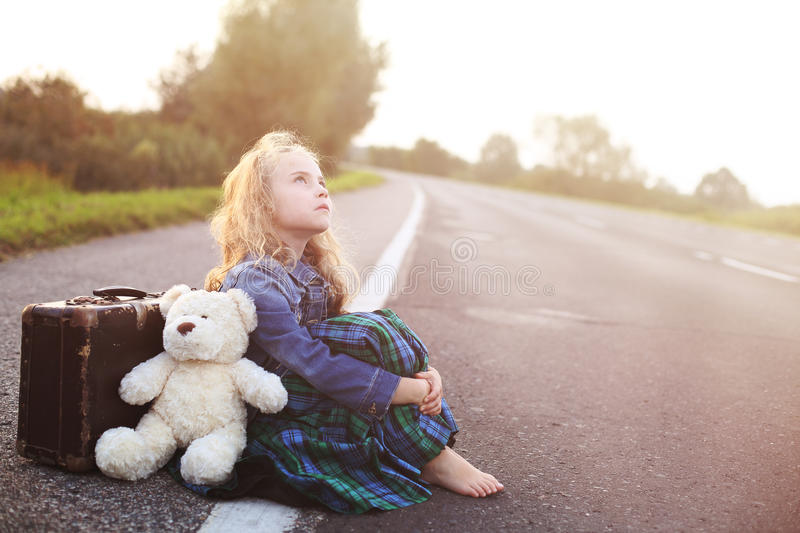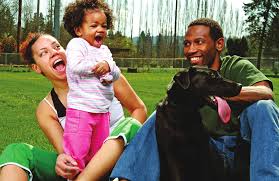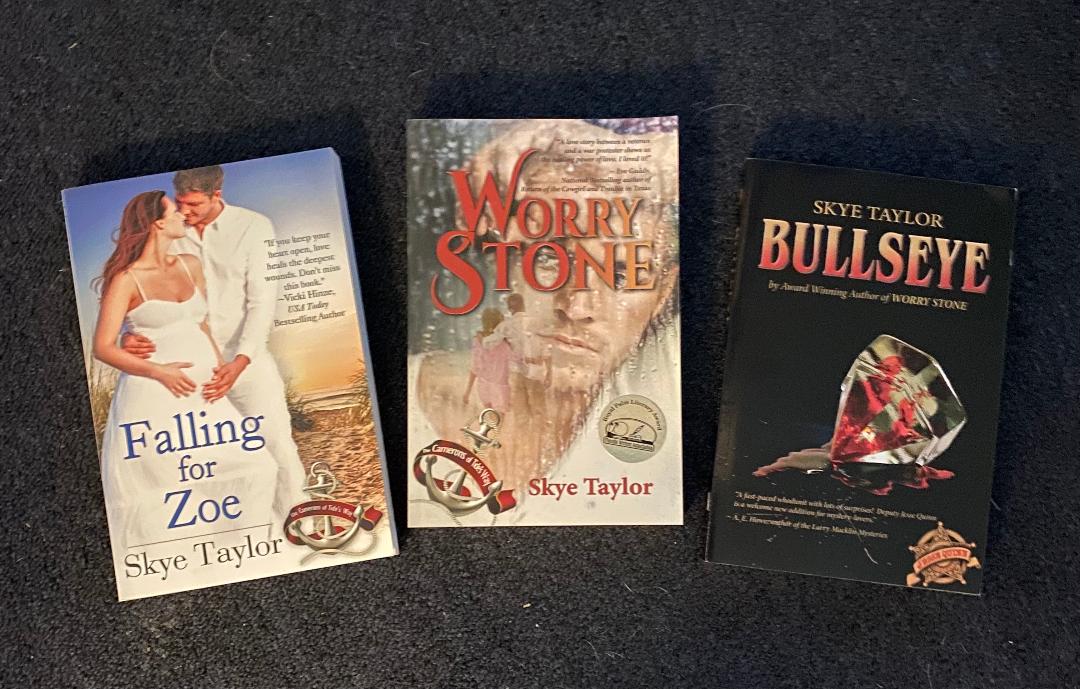This month's Round Robin Blog asks the question: How do your family experiences translate into writing scenes?
XX
 Unless you’re an orphan, the family you grew up with is bound to find its way into your writing unless your protagonist is another Jack Reacher, but even he had family that after several successful books suddenly started appearing in the later tales. For that matter, anyone who’s unlucky enough to be an orphan would have foster family experiences to color their view, either good or bad. So, it’s safe to say that for all authors, family has to influence their writing to some degree.
Unless you’re an orphan, the family you grew up with is bound to find its way into your writing unless your protagonist is another Jack Reacher, but even he had family that after several successful books suddenly started appearing in the later tales. For that matter, anyone who’s unlucky enough to be an orphan would have foster family experiences to color their view, either good or bad. So, it’s safe to say that for all authors, family has to influence their writing to some degree.
XX
 For those who grew up with no family or a very dysfunctional one, there is likely to be negative family influence, or sadness that everyone else has family but your character does not. But for most of us, there will be our experiences with both parents and siblings that color the way we look at the world. Family adds a haven for most, where your character can go to for shelter and support. For others, it might be always being compared unfavorably to a sibling, or held to unattainable standards. The social strata a writer grew up in is another thing that can influence their writing: from the uber wealthy or the gutter poor. The way a character approaches the world and the challenges it presents will be different for those who never experienced hunger than those who bore the indignity of school lunches paid by charity or government funds. Having siblings or not is another sure influence in a writer’s way of getting things done.
For those who grew up with no family or a very dysfunctional one, there is likely to be negative family influence, or sadness that everyone else has family but your character does not. But for most of us, there will be our experiences with both parents and siblings that color the way we look at the world. Family adds a haven for most, where your character can go to for shelter and support. For others, it might be always being compared unfavorably to a sibling, or held to unattainable standards. The social strata a writer grew up in is another thing that can influence their writing: from the uber wealthy or the gutter poor. The way a character approaches the world and the challenges it presents will be different for those who never experienced hunger than those who bore the indignity of school lunches paid by charity or government funds. Having siblings or not is another sure influence in a writer’s way of getting things done.
XX
 Leave It To Beaver pretty much mirrors how I grew up: a dad who went off to work every day and a mother who didn’t. Middle class parents who were diligent about saving for their future and their kids futures, paying the mortgage and bills on time, making sure my siblings and I were well fed and clothed. And always keeping track of who we hung out with, our school work and also attended any sports or other activities we participated in. While my parents cared for us, they didn’t coddle us either. We were expected to take responsibility for our schoolwork and chores and if we made poor choices or engaged in dangerous or unacceptable activities we had to accept the bad that came with them, and do whatever was in our power to fix things ourselves before our parents stepped in. But some writers had alcoholic parents, or missing parents. Some had no siblings, or they had abusive ones.
Leave It To Beaver pretty much mirrors how I grew up: a dad who went off to work every day and a mother who didn’t. Middle class parents who were diligent about saving for their future and their kids futures, paying the mortgage and bills on time, making sure my siblings and I were well fed and clothed. And always keeping track of who we hung out with, our school work and also attended any sports or other activities we participated in. While my parents cared for us, they didn’t coddle us either. We were expected to take responsibility for our schoolwork and chores and if we made poor choices or engaged in dangerous or unacceptable activities we had to accept the bad that came with them, and do whatever was in our power to fix things ourselves before our parents stepped in. But some writers had alcoholic parents, or missing parents. Some had no siblings, or they had abusive ones.  Being the oldest is different from being the youngest or middle child. And some had closer relationships with grandparents who stepped in to care for those who had two parents working (which is far more common with younger writers, than my generation.)
Being the oldest is different from being the youngest or middle child. And some had closer relationships with grandparents who stepped in to care for those who had two parents working (which is far more common with younger writers, than my generation.)
XX
But everyone grows up and many writers are parents themselves. How they relate to their kids and organize their work schedules and parenting responsibilities has to influence the characters they create on paper. Even being single or childless will have some bearing on the characters a writer peoples their stories with.
XX
 In addition to being a typical first child in a typical middle-class family growing up in the 50s and 60s, I married, had 4 children and became a widow while the youngest two were still in school. So, it’s difficult (but not impossible) for me to write a character who has never been any of those things. I simply cannot imagine the life of a billionaire, or a drug addict. Like anything else, those experiences can be researched and getting the emotions and feelings of a person who lives a very different life is doable, but if you’ve “been there, done that” you don’t have to wonder what it’s like or spend a lot of time thinking about how you would respond to
In addition to being a typical first child in a typical middle-class family growing up in the 50s and 60s, I married, had 4 children and became a widow while the youngest two were still in school. So, it’s difficult (but not impossible) for me to write a character who has never been any of those things. I simply cannot imagine the life of a billionaire, or a drug addict. Like anything else, those experiences can be researched and getting the emotions and feelings of a person who lives a very different life is doable, but if you’ve “been there, done that” you don’t have to wonder what it’s like or spend a lot of time thinking about how you would respond to  everyday life, and can focus more on the challenges and conflict in the story you are writing. As an example, you can include a dog, or parrot in your story, but the actions and reactions of a pooch or chatty bird won’t come naturally as you write if you’ve never lived with a pet. The animal’s presence won’t flow naturally into the life of your hero if they haven’t been a part of yours. The tiny nuances of life with a family won’t be something you know in your gut as you’re writing and if you’re including family life you personally haven’t ever experienced, it’s another thing you’re going to have to spend a lot of time and effort researching. It’s just easier for a writer to make their main characters people who’ve come from a similar background.
everyday life, and can focus more on the challenges and conflict in the story you are writing. As an example, you can include a dog, or parrot in your story, but the actions and reactions of a pooch or chatty bird won’t come naturally as you write if you’ve never lived with a pet. The animal’s presence won’t flow naturally into the life of your hero if they haven’t been a part of yours. The tiny nuances of life with a family won’t be something you know in your gut as you’re writing and if you’re including family life you personally haven’t ever experienced, it’s another thing you’re going to have to spend a lot of time and effort researching. It’s just easier for a writer to make their main characters people who’ve come from a similar background.
XX
 But family experiences could translate into a writer’s fictional world in direct opposition. If your mother was totally focused on being someone important in the working world, almost never there for the big things in your life, you might want to create a character who had all the things you didn’t have. So, you borrow from someone else’s life. If your dad was a policeman and you spent every day worrying about his safety, you might want to create a father who taught high school math, or was an investment broker. Eventually, though, unless you are writing for Hallmark or Harlequin, you are going to have to branch out and include things you are less familiar with. Otherwise your books and characters will become cookie cutter shapes, so be wary of making all your characters similar to the ones you grew up with.
But family experiences could translate into a writer’s fictional world in direct opposition. If your mother was totally focused on being someone important in the working world, almost never there for the big things in your life, you might want to create a character who had all the things you didn’t have. So, you borrow from someone else’s life. If your dad was a policeman and you spent every day worrying about his safety, you might want to create a father who taught high school math, or was an investment broker. Eventually, though, unless you are writing for Hallmark or Harlequin, you are going to have to branch out and include things you are less familiar with. Otherwise your books and characters will become cookie cutter shapes, so be wary of making all your characters similar to the ones you grew up with.
XX
 In my own stories, hints if not outright events from my family life have appeared. My mother had Alzheimer’s so my character Jake in Falling for Zoe had a mother-in-law stricken with the ailment and things she did and said were very much mirrors to the events in my own mother’s life. My brother served in Vietnam and struggled with the UNwelcome home he suffered after his time at war. He graciously and I might add, bravely, relived some of those experiences for me when I was writing Worry Stone. Jesse Quinn, in Bullseye, is a mother with teenagers, a son who’s her defender and a daughter who thinks mom is clueless. It was easy to write that side of her life because I’ve been there, done that. Her life as a sheriff’s deputy not so much. I had to do a lot of interviewing with female deputies to find out how they integrate that life commitment into the rest of their world.
In my own stories, hints if not outright events from my family life have appeared. My mother had Alzheimer’s so my character Jake in Falling for Zoe had a mother-in-law stricken with the ailment and things she did and said were very much mirrors to the events in my own mother’s life. My brother served in Vietnam and struggled with the UNwelcome home he suffered after his time at war. He graciously and I might add, bravely, relived some of those experiences for me when I was writing Worry Stone. Jesse Quinn, in Bullseye, is a mother with teenagers, a son who’s her defender and a daughter who thinks mom is clueless. It was easy to write that side of her life because I’ve been there, done that. Her life as a sheriff’s deputy not so much. I had to do a lot of interviewing with female deputies to find out how they integrate that life commitment into the rest of their world.
XX
Sometimes it’s just the little things. Like your little brother slipping bits of food to the dog under the table while mom isn’t looking, or mom coming home from a church meeting and always slipping quietly into your room to kiss your forehead and tuck the covers a little tighter around your shoulders. Or the frustration dad has packing the car with the endless bits and pieces your mother keeps bringing out to take on vacation. The sudden pall in the house when  one of your parents gets a phone call and you learn that your grandma has died. Or your brother was wounded in the war, or for some, even worse – will be coming home in a flag covered coffin. The endless discussions about who takes the trash out, or cleans the litter box. Who left the lights on, or dirty dishes in the sink.
one of your parents gets a phone call and you learn that your grandma has died. Or your brother was wounded in the war, or for some, even worse – will be coming home in a flag covered coffin. The endless discussions about who takes the trash out, or cleans the litter box. Who left the lights on, or dirty dishes in the sink.
XX
So – to answer the question this blog post started with: How do your family experiences translate into writing scenes? - The list of things that spell FAMILY is pretty long, but all those possibilities give your stories and characters the feeling of being real. Your reader can “feel” or picture them happening and this draws them into a familiar setting and makes them feel like they’re part of the story. It helps your reader relate to your characters, and become emotionally involved, cheering for them, or urging them not to make the mistake you can see coming. And keeping your reader attached to your characters is what keeps them reading to the last page. Which is every author’s goal.

Now I’m going to shut up and send you to check out how these other authors incorporate family into their writing.

Anne Stenhouse
Dr. Bob Rich
Connie Vines
Marci Baun
Judith Copek
Diane Bator
Victoria Chatham
Rhobin L Courtright